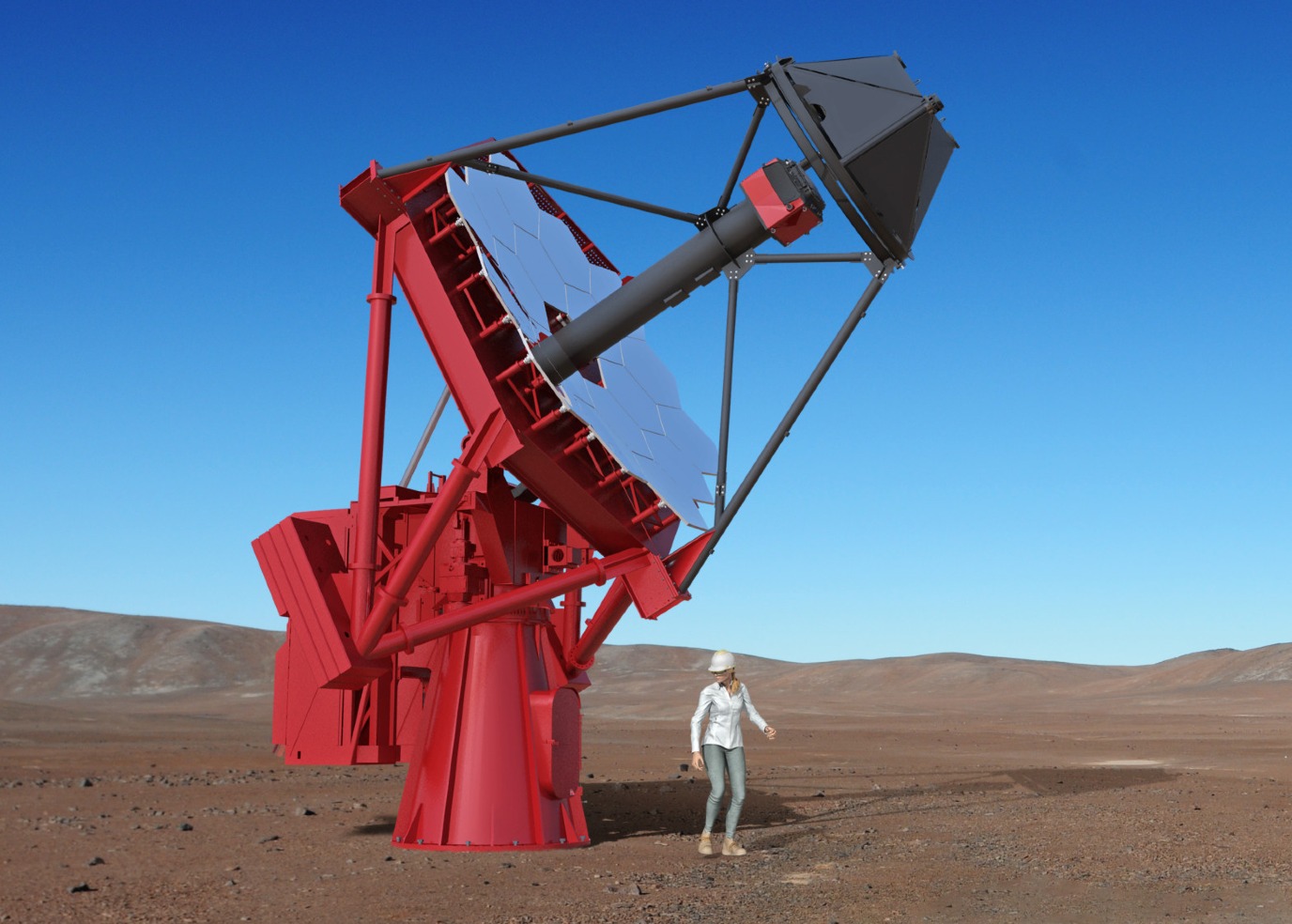Dutch astronomers in Tenerife to test high-speed camera

Astronomers from the University of Groningen and the University of Amsterdam are on the Canary Island of Tenerife until 29 July to test a special camera for the telescopes currently under construction at the Cherenkov Telescope Array Observatory. These telescopes will employ an indirect method to detect gamma rays emitted by extreme objects, such as supermassive black holes and supernovae.
Text: NOVA
The camera is currently being tested on one of the telescopes at the Teide Observatory on Tenerife. Similar cameras will eventually be installed on 37 so-called Small-Sized Telescopes planned for Chile. These telescopes are part of the Cherenkov Telescope Array Observatory, which consists of several dozen telescopes that will detect Cherenkov radiation from La Palma and Chile.
Flashes of light
Cherenkov radiation is produced when gamma radiation enters the Earth's atmosphere. This creates blue flashes of light that last only a billionth of a second. By capturing these flashes of light with multiple telescopes, astronomers can calculate where the corresponding gamma radiation must have originated and thus from which object it came.
The camera currently being tested can take videos of 128 consecutive images with a shutter speed of one billionth of a second. The image is approximately 9 square degrees in size. That is as large as 15 by 15 full moons. This allows the camera to monitor an entire galaxy at once, for example.
The purpose of the test in Tenerife is to see if the camera works and if it fits well with the telescope. Researchers from the University of Groningen and the University of Amsterdam are involved in the construction and development of the camera's hardware and software, among other things. They are also involved in its maintenance.
More news
-
29 January 2026
Microplastic research - media hype or real danger?
-
27 January 2026
ERC Proof of Concept grant for Maria Loi
